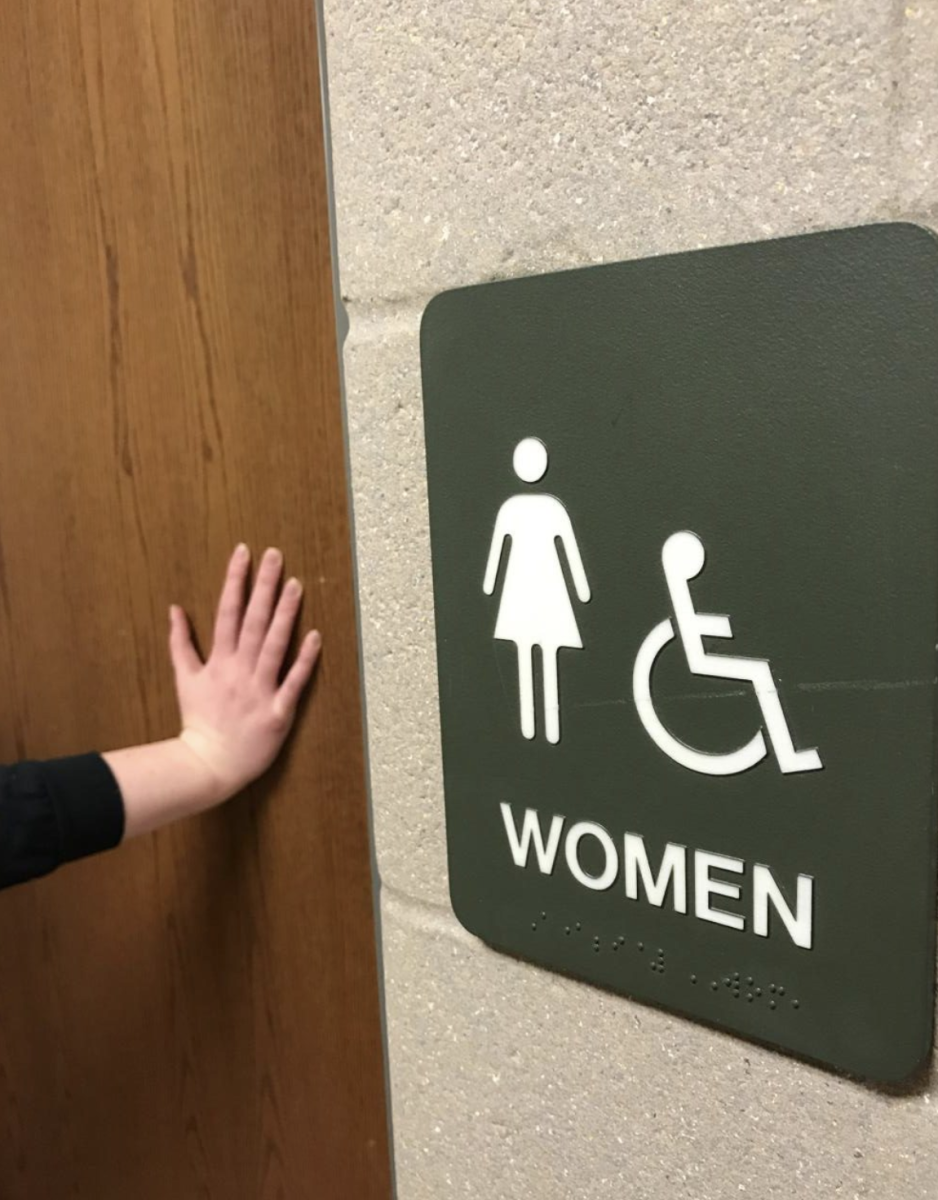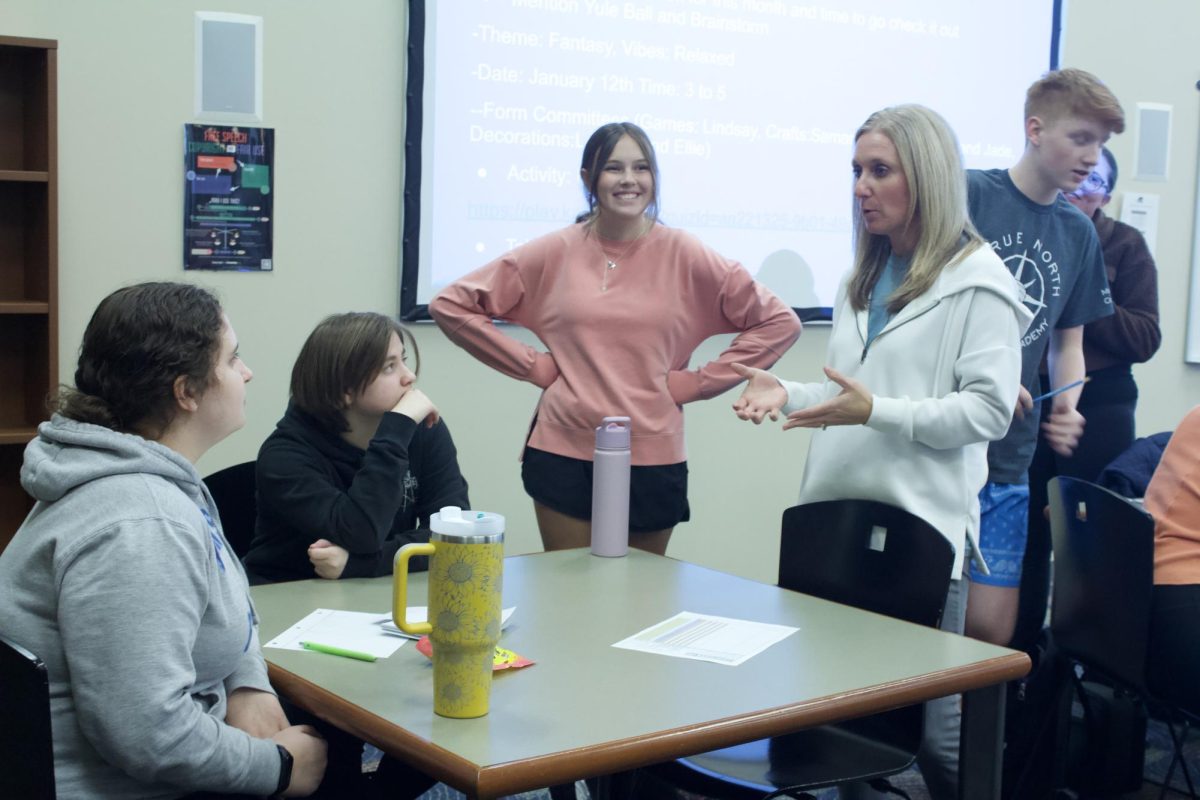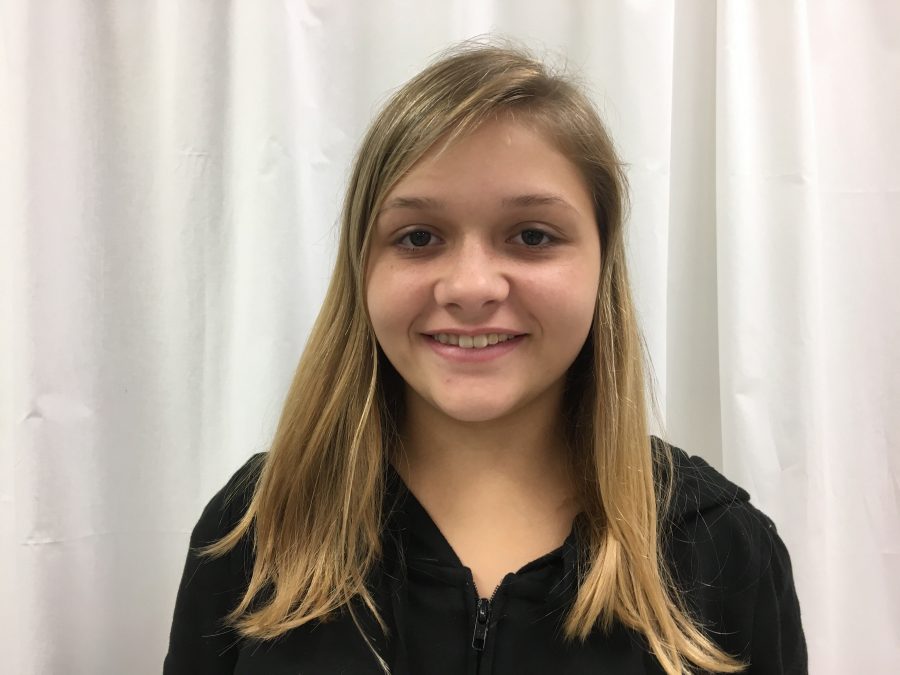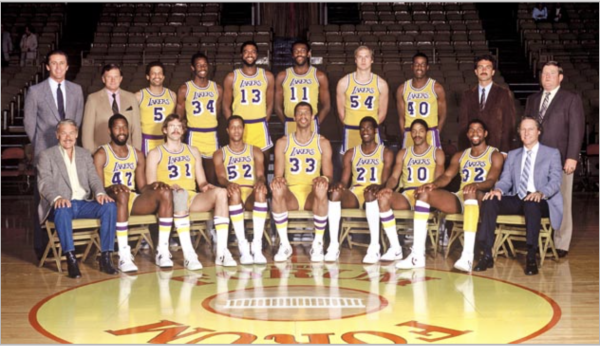Dealing with Disease
Freshman Battles Chronic Kidney Disease
October 7, 2016
Five pills in the morning, two pills at night.
Five pills in the morning, two pills at night.
Five pills in the morning, two pills at night.
Many older people have these kinds of things going through their head every single day, but freshman Kylie Collins has to worry about this at only 15 years old.
Collins has an unknown type of Chronic Kidney Disease (CKD). She discovered that she was at stage two of this disease when she was just 7 years old, and after being poked and prodded, she underwent surgery on her lower stomach.
“I was in a lot of pain, and there was a lot of blood. And none of the doctors let me sleep because there was a possibility that I could die. They kept waking me up to do tests,” Collins said.
She missed several school days due to her high blood pressure after the surgery. Recently, though, she discovered that she has an infection in both of her kidneys and she is now at stage 4 of 5 in CKD, which means that she has to get a kidney transplant.
“It wasn’t that big of a deal because I already knew it was coming, but of course I was kind of sad because I knew I would have to get my transplant. I knew it was really difficult because I was going to be in a lot of pain,” Collins said.
Collins’ right kidney is much smaller than her left. Unlike most 15-year-old girls, her kidneys run at a functionality of 28 percent, while it should be functioning at about 90 percent. Some of the symptoms of CKD include nausea, loss of appetite, fatigue, and weakness, hypertension that’s hard to control, sleep problems and muscle twitches and cramps.
“It’s hard for me to do simple tasks such as walk, run or do any type of physical activity. Sometimes light objects feel very heavy to me. The paper feels like bricks and bricks feel as heavy as trucks,” Collins said.
As the CKD gets worse, waste builds up to high levels in her blood, causing high blood pressure, anemia, weak bones, poor nutritional health and nerve damage. CKD can also increase the risk of having heart and blood vessel disease. Collins takes more than five pills every morning and two at night.
“I got dealt a bad card for this situation, but I wake up every day knowing that I can walk and live my everyday life even though it can be hard to live it. I always know there is someone out there who has it worse than me,” Collins said.





































dave • Apr 30, 2017 at 7:52 PM
well done! Excellent feature!
Jeanne Thackeray • Apr 9, 2017 at 6:26 PM
This article was a great reminder on how the world doesn’t revolve around ourselves. So many people in the world are suffering. This story reminds us all to feel grateful for life.
Julie Williams • Apr 9, 2017 at 2:41 PM
Wonderful article! Thank you Alexis for helping us understand more about what Kylie has gone through.
Brittany Lyons • Apr 8, 2017 at 5:57 PM
Well said. This article was will written and enjoyable to read. Thanks for taking the time to enlighten us. Life for Kylie must be so challenging.
Tiffany Day • Apr 8, 2017 at 5:48 PM
This was very beautifully written. You have a natural ability to tell a story. I’d love to see more stories by Alexis Day.
Caleb Albers • Oct 7, 2016 at 3:10 PM
I love how the article is put together and it stinks that Kylie has to do all that stuff. i did enjoy reading this and would like to see more stuff like this article.